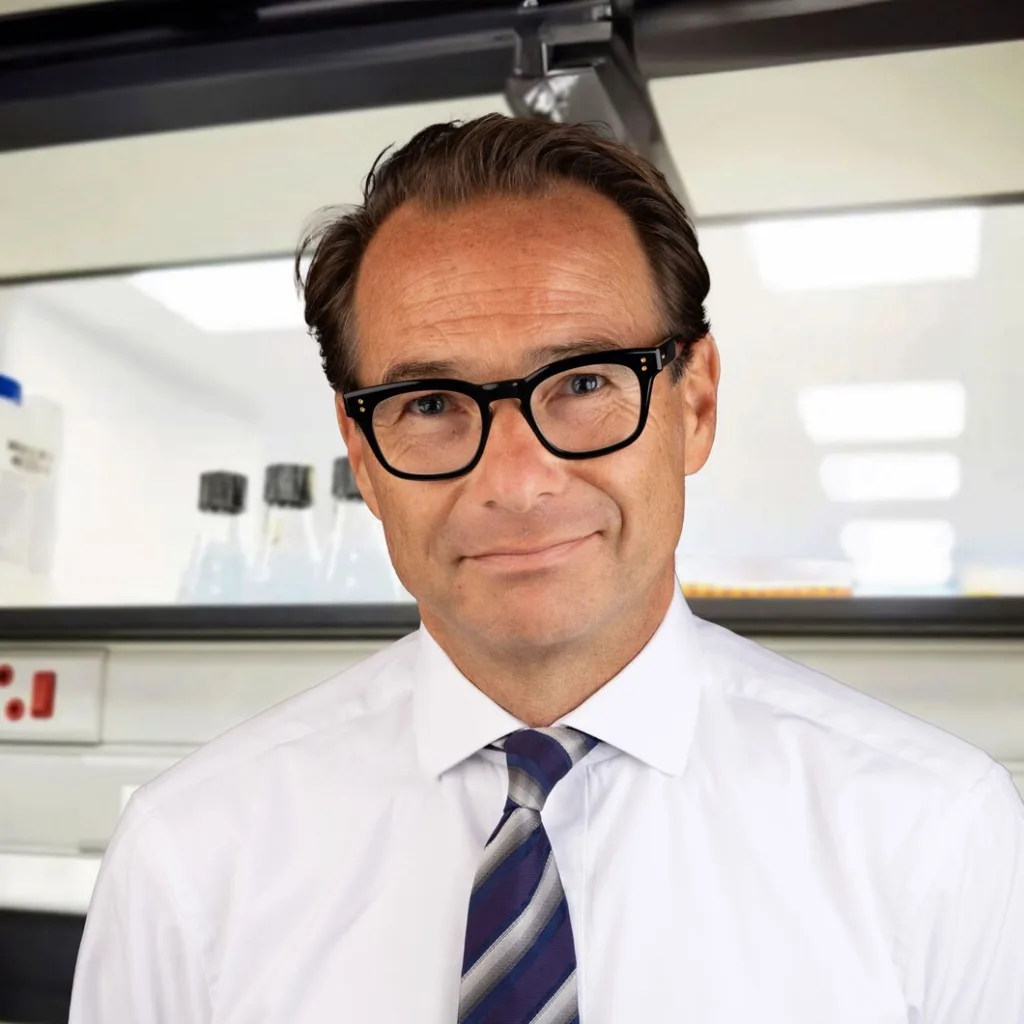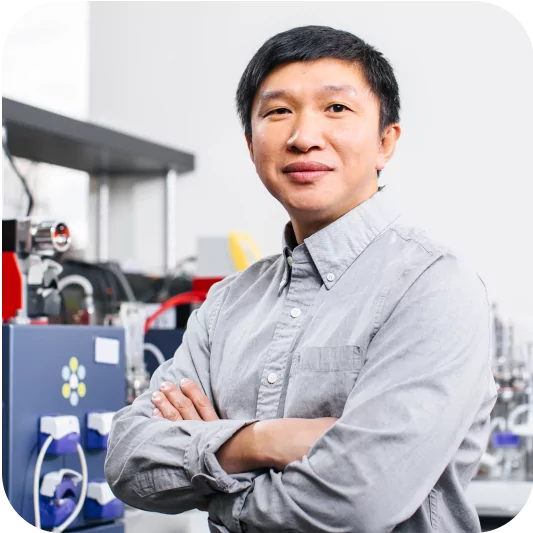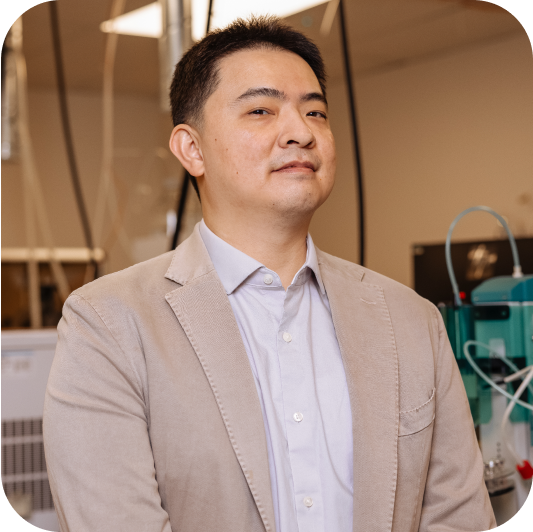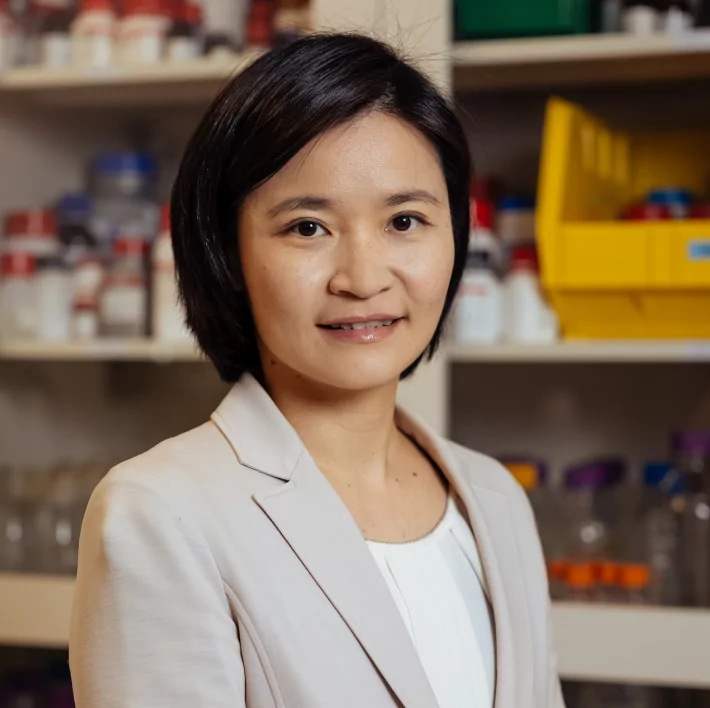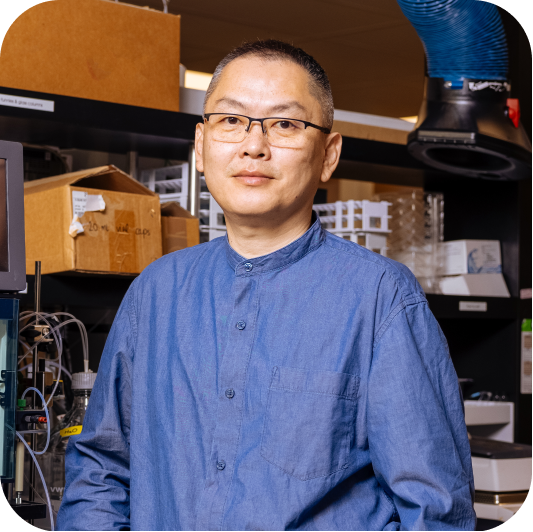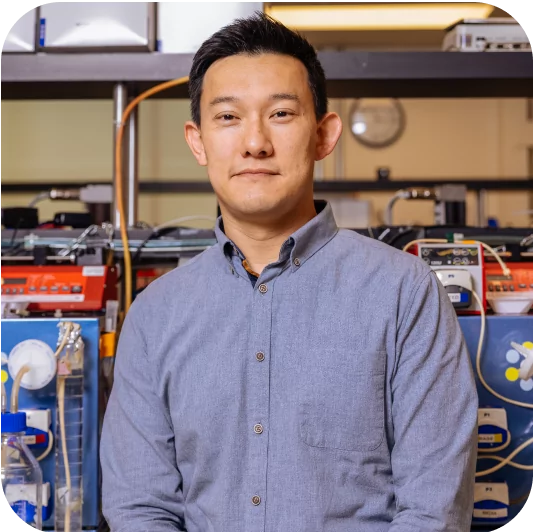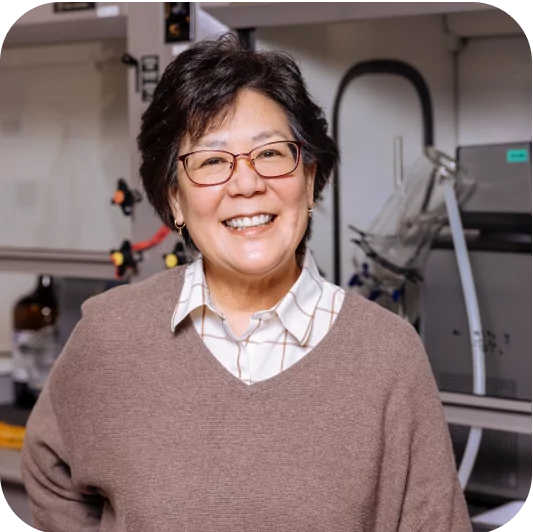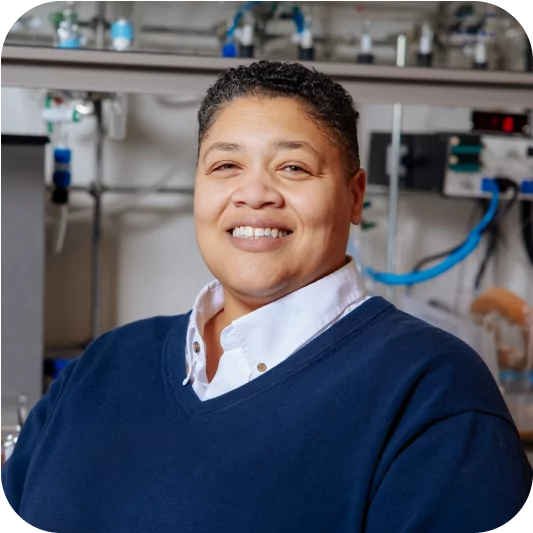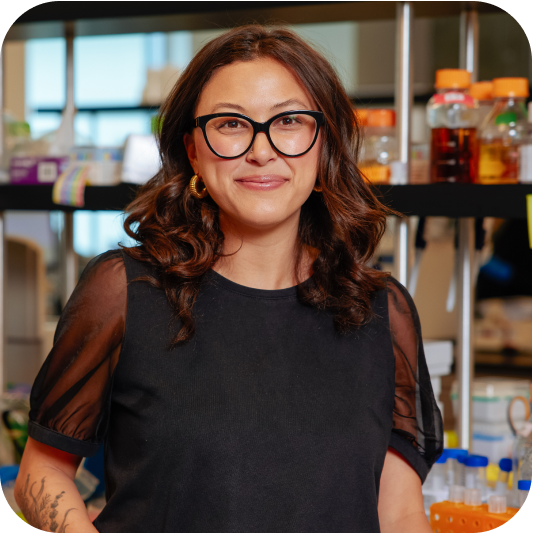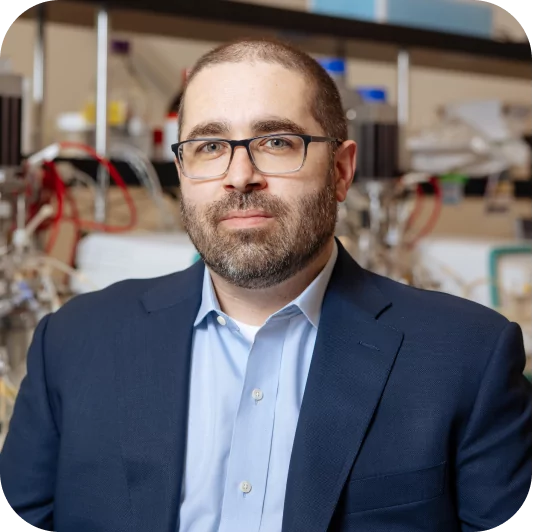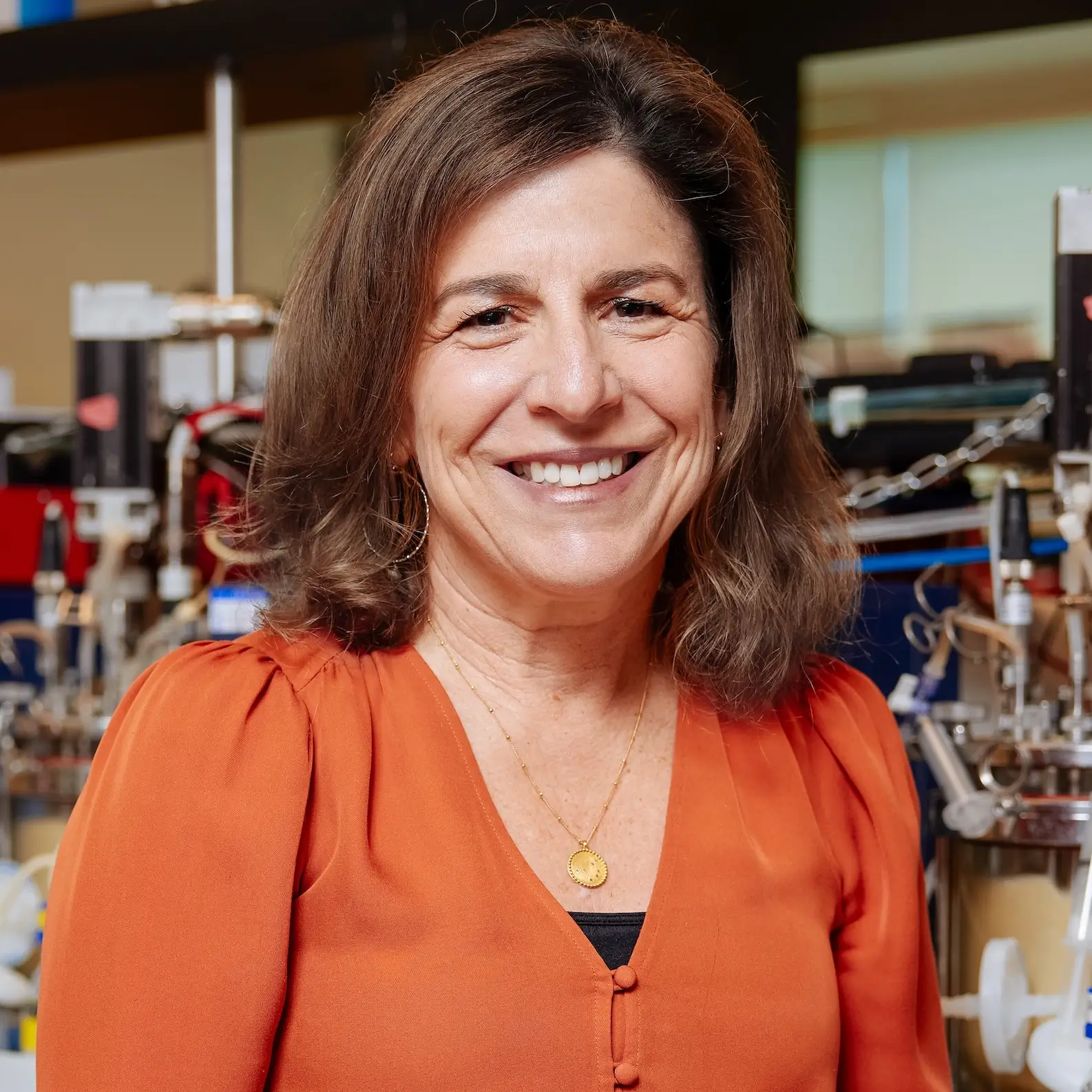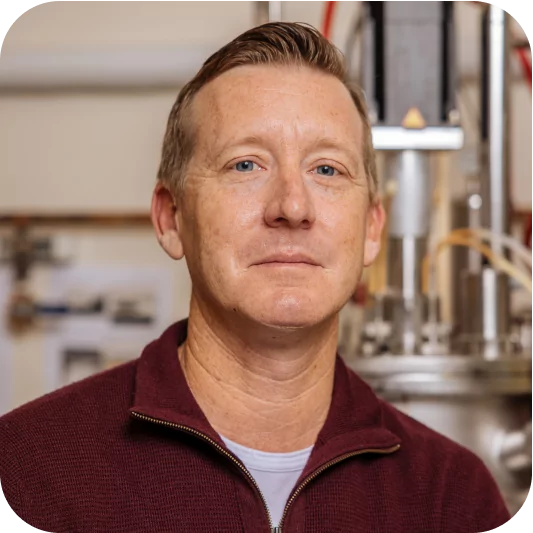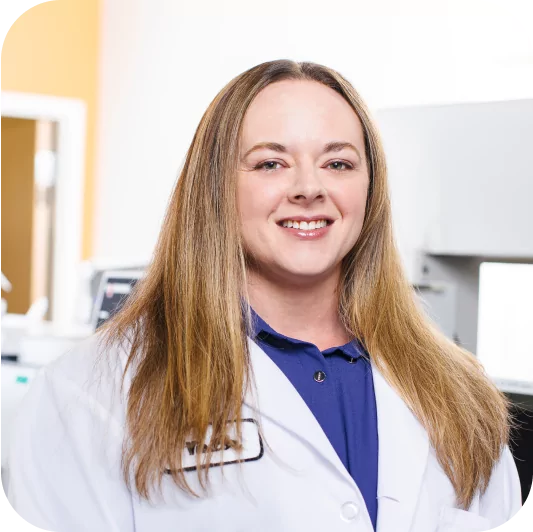Kopotka B, Smolke CD. 2019. Production of the cyanogenic glycoside dhurrin in yeast. Met. Eng. Comm. 9: e00092.
Abstract Cyanogenic glycosides are defense compounds found in a wide range of plant species, including many crops. We demonstrate that the cyanogenic glucoside dhurrin, naturally found in sorghum, can be produced at high titers in Saccharomyces cerevisiae, constituting the first report of cyanogenic glycoside production in a microbe. Genetic modifications to increase the supply of […]
Srinivasan P, Smolke CD. 2019. Engineering a microbial biosynthesis platform for de novo production of tropane alkaloids. Nat. Comm. 10: 3634.
Abstract Tropane alkaloids (TAs) are a class of phytochemicals produced by plants of the nightshade family used for treating diverse neurological disorders. Here, we demonstrate de novo production of tropine, a key intermediate in the biosynthetic pathway of medicinal TAs such as scopolamine, from simple carbon and nitrogen sources in yeast (Saccharomyces cerevisiae). Our engineered […]
Li Y, Li S, Thodey K, Trenchard IJ, Cravens A, Smolke CD. 2018. Complete biosynthesis of noscapine and halogenated alkaloids in yeast. Proc. Natl. Acad. Sci. USA. 115: E3922-31.
Abstract Microbial biosynthesis of plant natural products from simple building blocks is a promising approach toward scalable production and modification of high-value compounds. The pathway for biosynthesis of noscapine, a potential anticancer compound, from canadine was recently elucidated as a 10-gene cluster from opium poppy. Here we demonstrate the de novo production of noscapine in […]
Li Y, Smolke CD. 2016. Engineering biosynthesis of the anticancer alkaloid noscapine in yeast. Nat. Comm. 7: 12137.
Abstract Noscapine is a potential anticancer drug isolated from the opium poppy Papaver somniferum, and genes encoding enzymes responsible for the synthesis of noscapine have been recently discovered to be clustered on the genome of P. somniferum. Here, we reconstitute the noscapine gene cluster in Saccharomyces cerevisiae to achieve the microbial production of noscapine and […]
McKeague M, Wang YH, Cravens A, Win MN, Smolke CD. 2016. Engineering a microbial platform for de novo biosynthesis of diverse methylxanthines. Metab. Eng. 38: 191-203.
Abstract Engineered microbial biosynthesis of plant natural products can support manufacturing of complex bioactive molecules and enable discovery of non-naturally occurring derivatives. Purine alkaloids, including caffeine (coffee), theophylline (antiasthma drug), theobromine (chocolate), and other methylxanthines, play a significant role in pharmacology and food chemistry. Here, we engineered the eukaryotic microbial host Saccharomyces cerevisiae for the […]
Trenchard IJ, Smolke CD. 2015. Engineering strategies for the fermentative production of plant alkaloids in yeast. Metab. Eng. 30: 96-104.
Abstract Microbial hosts engineered for the biosynthesis of plant natural products offer enormous potential as powerful discovery and production platforms. However, the reconstruction of these complex biosynthetic schemes faces numerous challenges due to the number of enzymatic steps and challenging enzyme classes associated with these pathways, which can lead to issues in metabolic load, pathway […]
Trenchard IJ, Siddiqui MS, Thodey K, Smolke CD. 2015. De novo production of the key branchpoint benzylisoquinoline alkaloid reticuline in yeast. Metab. Eng. 31: 74-83.
Abstract Microbial biosynthesis for plant-based natural products, such as the benzylisoquinoline alkaloids (BIAs), has the potential to address limitations in plant-based supply of established drugs and make new molecules available for drug discovery. While yeast strains have been engineered to produce a variety of downstream BIAs including the opioids, these strains have relied on feeding […]
Galanie S, Thodey K, Trenchard IJ, Interrante MF, Smolke CD. 2015. Complete biosynthesis of opioids in yeast. Science. 349: 1095-100.
Abstract Opioids are the primary drugs used in Western medicine for pain management and palliative care. Farming of opium poppies remains the sole source of these essential medicines, despite diverse market demands and uncertainty in crop yields due to weather, climate change, and pests. We engineered yeast to produce the selected opioid compounds thebaine and […]
Galanie S, Smolke CD. 2015. Optimization of yeast-based production of medicinal protoberberine alkaloids. Microb. Cell Fac. 14: 144.
Abstract BackgroundProtoberberine alkaloids are bioactive molecules abundant in plant preparations for traditional medicines. Yeast engineered to express biosynthetic pathways for fermentative production of these compounds will further enable investigation of the medicinal properties of these molecules and development of alkaloid-based drugs with improved efficacy and safety. Here, we describe the optimization of a biosynthetic pathway […]
Thodey K, Galanie S, Smolke CD. 2014. A microbial biomanufacturing platform for natural and semi-synthetic opioids. Nat. Chem. Biol. 10: 837-44.
Abstract Opiates and related molecules are medically essential, but their production via field cultivation of opium poppy Papaver somniferum leads to supply inefficiencies and insecurity. As an alternative production strategy, we developed baker’s yeast Saccharomyces cerevisiae as a microbial host for the transformation of opiates. Yeast strains engineered to express heterologous genes from P. somniferum […]
